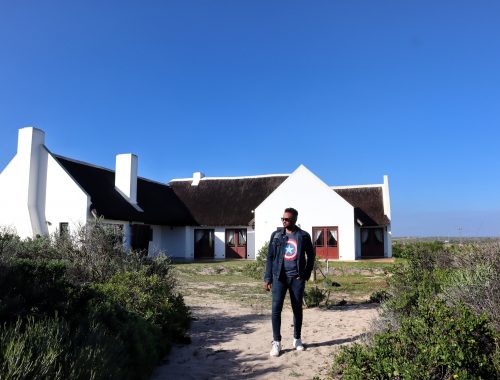
8 SUSTAINABLE TOURISM PRACTICES
Sustainable tourism is about making wiser decisions in every aspect of your trip. It begins at home and continues when you finally book your vacation accommodation, means of transportation, experiences, and tour activities. It also involves being conscious of your expenditure without sacrificing enjoyment or experience.
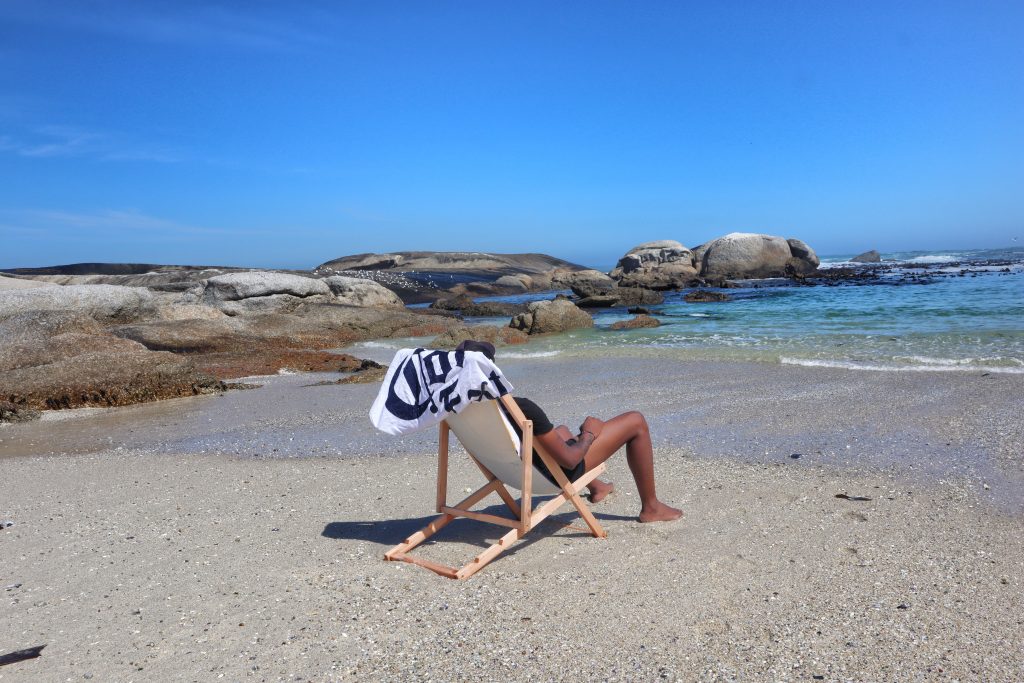
I have shared eight simple sustainable tourism practices to get you started. Begin by practicing at least one or two practices, and then slowly adopt more. This will do wonders for our planet and the places we visit and its community members. The idea is to learn about every practice, then adopt what works for you, and keep adding new ones from there.
1. CONSIDER ECO-CONSCIOUS ACCOMMODATIONS
The industry now knows the importance of making a profit while still taking care of the environment. Before booking your holiday accommodation, do a little research to find out what environmental policies have been put in place by the property and what steps have been taken to protect the environment. For instance, the kind of bedding used, do they recycle water, do they use alternative heating sources, is their furniture locally sourced or produced, do they employ the locals, etc.
2. AVOID CROWDED DESTINATIONS
If possible, avoid overcrowded places by visiting less known destinations like small towns and villages, or secluded places, try to visit the usually crowded and popular places during off-peak season, or split your visit between the popular and less popular town. Over tourism causes many negative effects, such as endangering protected species, damaging the environment, overwhelming local communities, and sometimes displacing local people. It’s understandable if you are not willing to skip popular destinations but try to practice at least one sustainable tourism practice during your trip. This could mean making a stop at a less popular town after your bucket list destination.
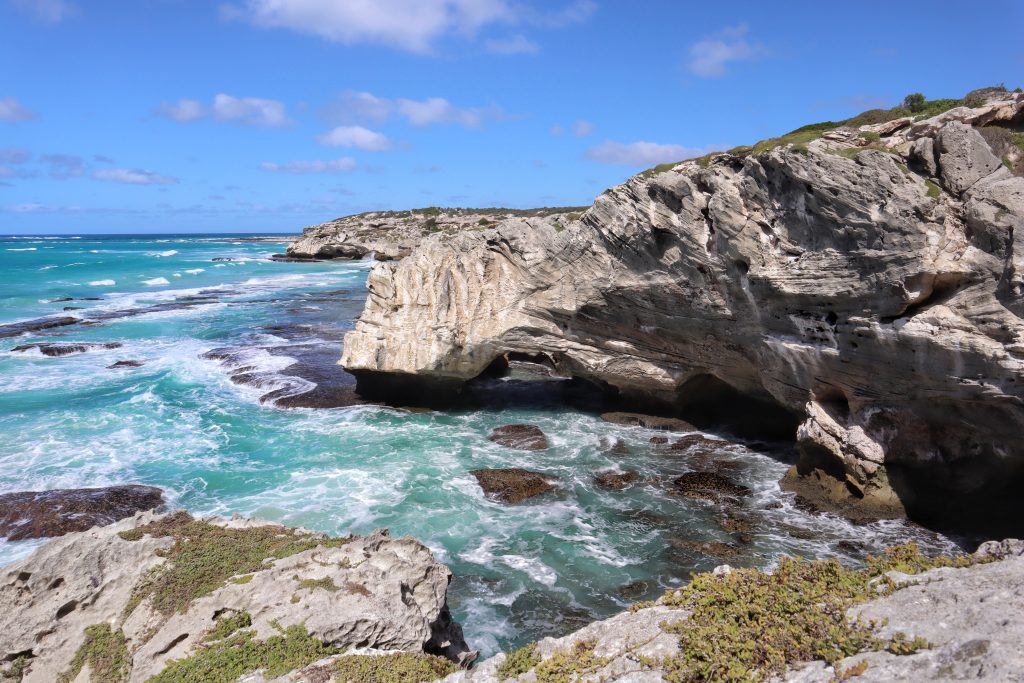
3. PACK ZERO WASTE, REUSABLE ITEMS
It’s a fact that the best way to reduce your waste output is to produce less, so pack light and purposeful. Basic things like packing reusables such as water bottles, coffee cups, steel or bamboo straws, food containers (collapsible ones are great for traveling), bamboo cutlery, etc. can help you avoid single-use plastics which is great for our planet. Zero waste and reusable products help to reduce the amount of waste that goes into landfills. You could also help the environment by taking part in beach and park clean up campaigns in your areas.
4. SPEND YOUR MONEY LOCALLY AND SUPPORT LOCAL BUSINESS
By choosing locally-owned accommodations, buying locally made products, eating at independent restaurants, choosing local experiences, buying your souvenirs from a small shop or the small business owner on the side of the road, booking accommodation at small family-owned accommodations, buying coffee at a small café, and employing local guides, you would be making a great positive impact on our country especially the communities of the places you visit. This is called inclusive tourism and it helps and supports local communities and businesses.
5. TREAT WILDLIFE AND ANIMALS WITH RESPECT
I strongly believe that animals shouldn’t be used for human entertainment and they need to live as free from human interference as possible. If you are keen to see wild animals in their natural habitat, choose places that offer ethical and sustainable animal interactions such as marine conservation centres, animal sanctuaries, and game farms that allow the animals to roam freely without human interactions.
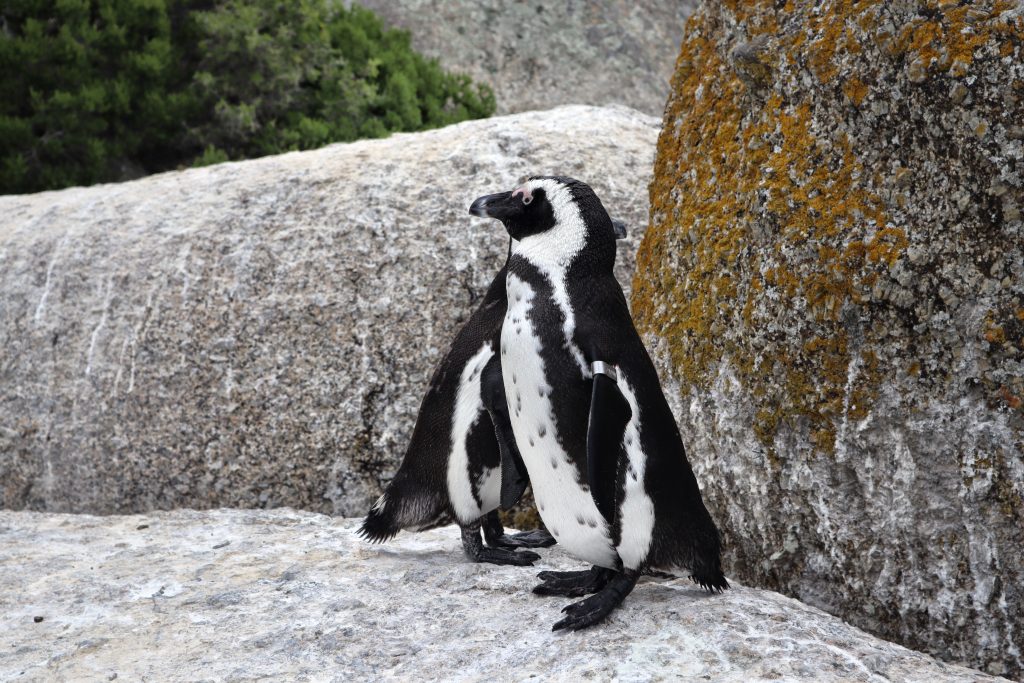
Getting up close and personal with wildlife is often a highlight for most tourists when they visit a place hence activities such as swimming with seals, shark cage diving, safaris, reptile parks, and elephant sanctuaries are so popular. Just make sure wildlife is not exploited at the place you visit.
6. WALK, CYCLE, AND TAKE PUBLIC TRANSPORT
When you’re exploring nearby locations, always consider a more environmentally friendly form of transportation than your own vehicle. Consider renting a bicycle or non-motorised scooter, or walking. These alternative modes for getting around the city will not only help you save money, but it’s also a great opportunity to spend more time outside and being active, and they produce less CO2 emissions. By the way, most interesting things are discovered while walking or riding a bicycle than driving a car. Using public transport or one vehicle instead of multiple cars when travelling as a group also helps the environment.
7. EMBRACE SLOW TRAVEL
Be intentional and immersive about slow travel because spending more time in a destination enables you to learn more about the place you are visiting while spending money to support local tourism. Slow travel is all about spending quality time in the area, rather than rushing through it. Instead of filling up your itinerary with activities, allow some time to just walk around the area and maybe hang out with the locals. Slow travel also has environmental benefits, it results in less overland travel, which means less CO2 emissions.
8. DO YOUR RESEARCH AND LISTEN
Even though travel is mostly about leisure and a way to take a break from our busy lives, travelling can be a learning opportunity too. In order to enjoy the destination and learn about the place, people, cultures, traditions, and experiences, travel with an open mind and pure heart. Before traveling, take the time to do some research. Look beyond the typical “top things to do” articles on search engines, and dig into the culture and norms of the place you are headed to. Learning about the people, history, culture, traditions, experiences, and local food of the place you are visiting will help you make sense of what to expect on your trip. During your trip, continue the learning by talking with locals, asking them questions, and listening to what they have to say. You will be surprised how much you will learn about the place from the locals than with an article on the internet.
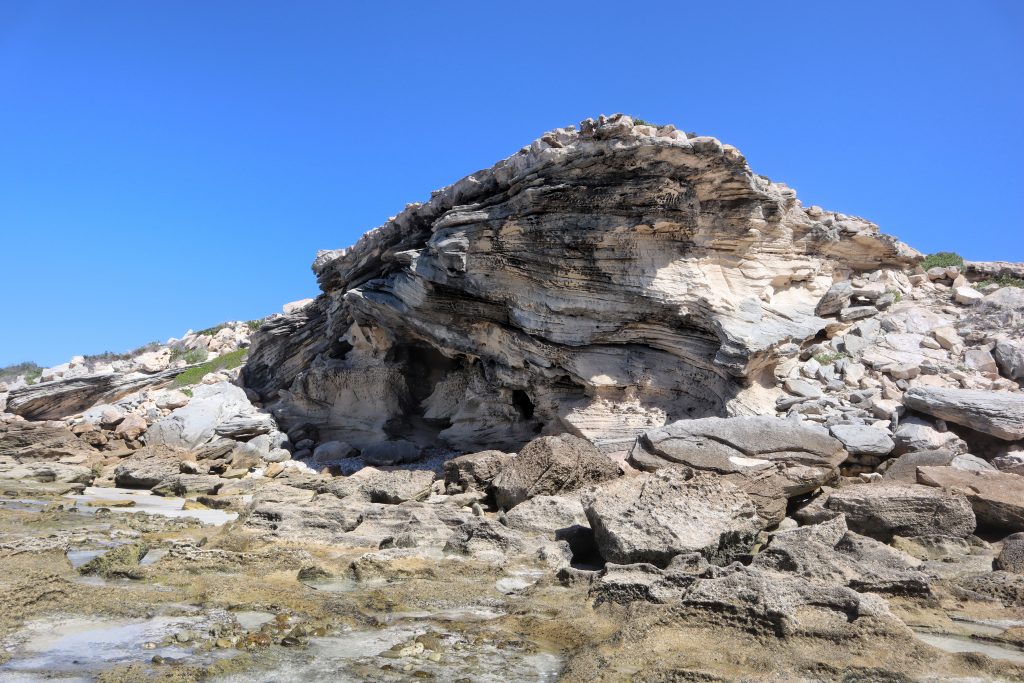
DISCLAIMER
This article may contain affiliate links. I may receive compensation if you make a booking through the links on this blog post but it won’t cost you anything extra.
BLOG POST UPDATES
I update my blog posts regularly to make sure that links are up to date and spelling is correct. Let me know if you notice anything that needs to be updated in this blog post.
Planning a trip to the Cape West Coast or anywhere around the Western Cape? Download my Western Cape eBook here or send me an e-mail at tebogo@westerncapeexperiences.com for a tailor-made travel package or consultation.
For Western Cape travel inspiration and insider tips, follow me on Instagram or Twitter. Remember to subscribe to my blog to receive the best Western Cape insider tips and information, discount information delivered directly to your mailbox. Copyright © Western Cape Experiences – No words or photographs on this site may be used without permission from www.westerncapeexperiences.com
You May Also Like
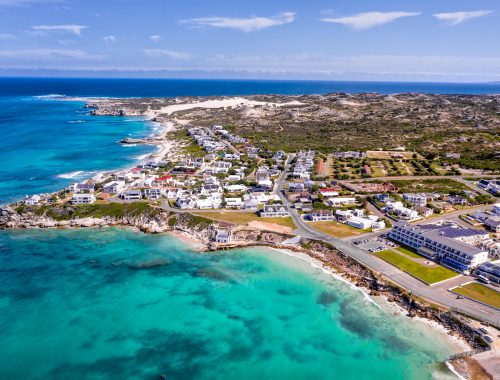
ARNISTON, THE JEWEL OF THE WESTERN CAPE
March 26, 2021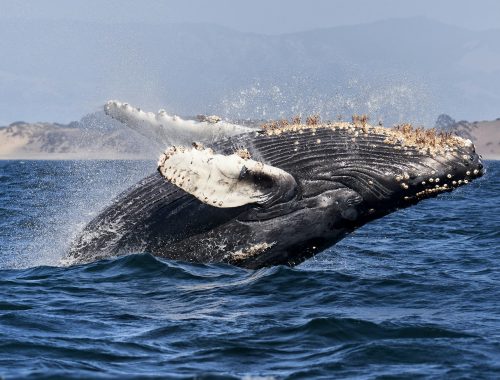
VISITING WESTERN CAPE IN WINTER
March 16, 2021